Venezuela Oil-to-Crypto Value Calculator
How Venezuela Translates Oil into Crypto
Based on the article, Venezuela typically exchanges oil for stablecoins like USDT (Tether) through ship-to-ship transfers. The value depends on global oil prices and black-market exchange rates.
Note: Actual rates fluctuate based on:
- Black-market USDT/Bolívar exchange rates
- Oil price volatility
- Sanctions enforcement
When a country’s money collapses, crypto becomes survival
By 2025, Venezuela’s economy had been in freefall for nearly a decade. Hyperinflation hit 10,000% in 2019. The bolívar became worthless. Banks stopped handing out cash. Foreign companies pulled out. And the U.S., EU, and Canada slapped heavy sanctions on its oil exports, government officials, and state banks. But instead of collapsing completely, Venezuela found a new lifeline: cryptocurrency.
It wasn’t just people turning to Bitcoin out of desperation. The government built a whole system around it - a state-run crypto network designed to bypass sanctions, move oil money, and keep the regime afloat. This isn’t a side hustle. It’s policy.
The PETRO: A crypto project with one real goal
In 2018, President Nicolás Maduro announced the PETRO, Venezuela’s own cryptocurrency. Officially, it was supposed to be backed by the country’s oil, gas, and mineral reserves. In reality, it was a tool to dodge sanctions.
The U.S. Treasury immediately called it a violation of sanctions. Why? Because the PETRO was never meant to be traded like Bitcoin. It was created to let the Venezuelan government receive foreign cash - especially from Russia, China, and Iran - without going through Western banks. The PETRO wasn’t about innovation. It was about access.
Even today, the PETRO has almost no real value outside Venezuela. Few international exchanges list it. No major investor touches it. But inside the country, it’s used as a ledger. A way to track payments between state entities. A digital pass to move money without leaving a paper trail.
How oil gets turned into crypto - and then into cash
The real engine behind Venezuela’s crypto sanctions evasion isn’t the PETRO. It’s oil.
PDVSA, the state oil company, started shipping crude to international buyers - often in the middle of the ocean, using ship-to-ship transfers to avoid detection. Instead of getting paid in dollars through banks, they started getting paid in crypto. Bitcoin. Tether (USDT). Ethereum.
That’s where the U.S. Department of Justice stepped in. In October 2022, they indicted five Russian nationals for helping PDVSA launder oil money through cryptocurrency. The scheme? Oil loaded onto ships. Crypto sent to wallets in Turkey, Dubai, and Hong Kong. Cash withdrawn by middlemen. No bank records. No audit trail.
Stablecoins like USDT became the favorite because they’re pegged to the U.S. dollar. That means you can send $10 million in crypto and know it won’t drop 20% before it lands. For a regime trying to buy food, medicine, and weapons, that stability matters more than decentralization.
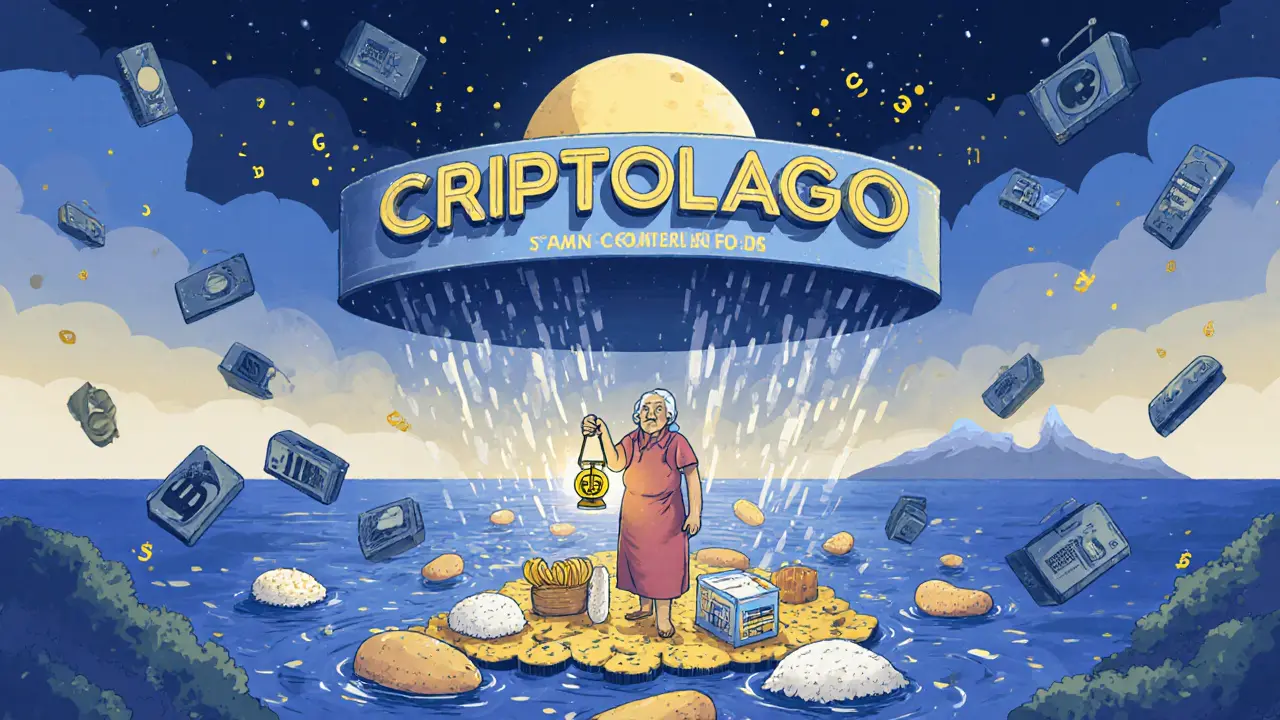
State-controlled exchanges: The gatekeepers of crypto cash
Venezuela didn’t just let crypto happen. It built the infrastructure.
The government authorized seven local exchanges. The most important? Criptolago. It’s not some startup. It’s owned by the state of Zulia and run by Governor Omar Prieto - a Maduro loyalist personally sanctioned by the U.S. for blocking humanitarian aid.
These exchanges act as the bridge between the black market and the global crypto network. Ordinary Venezuelans can walk in with bolívares, trade them for USDT, and send it abroad. Meanwhile, government insiders use the same system to receive payments from foreign buyers of oil - payments that never touch a bank.
There’s no KYC. No ID checks. No compliance. Just cash in, crypto out. And because these platforms operate under state control, they’re immune to international pressure.
Why crypto works better than old-school sanctions evasion
Before crypto, sanctioned countries used shell companies, fake invoices, and third-country banks to hide transactions. It was slow. Expensive. Risky.
Crypto changed that. Transactions are near-instant. No paperwork. No intermediaries. No bank that can freeze an account. And with blockchain’s pseudonymity, tracing the money gets harder - especially when it moves through multiple wallets across different countries.
That’s why Venezuela’s model is unique. Russia and Iran use crypto too. But they’re patching holes. Venezuela built a whole new financial system on top of its collapse.
Chainalysis data shows Venezuela ranks among the top five countries globally for crypto inflows relative to GDP - not because its people are rich, but because it’s the only country where the state actively encourages crypto as a sanctions tool.
Ordinary people are using crypto too - but not for the same reasons
Not everyone in Venezuela is smuggling oil. Many are just trying to feed their families.
Before the pandemic, a monthly salary was worth less than $5. Now, people use Bitcoin and USDT to buy groceries online from Colombia or Mexico. They pay for medicine, send money to relatives abroad, or even buy a used phone. Crypto gives them control.
Reddit threads and local forums are full of stories: “I traded 10 million bolívares for 20 USDT. I bought rice for $12. My kids ate.”
But here’s the catch: the same wallets that help a grandmother buy food also help a PDVSA officer launder $5 million. There’s no way to tell them apart on the blockchain. That’s why global banks and crypto platforms now treat all Venezuelan transactions as high-risk.
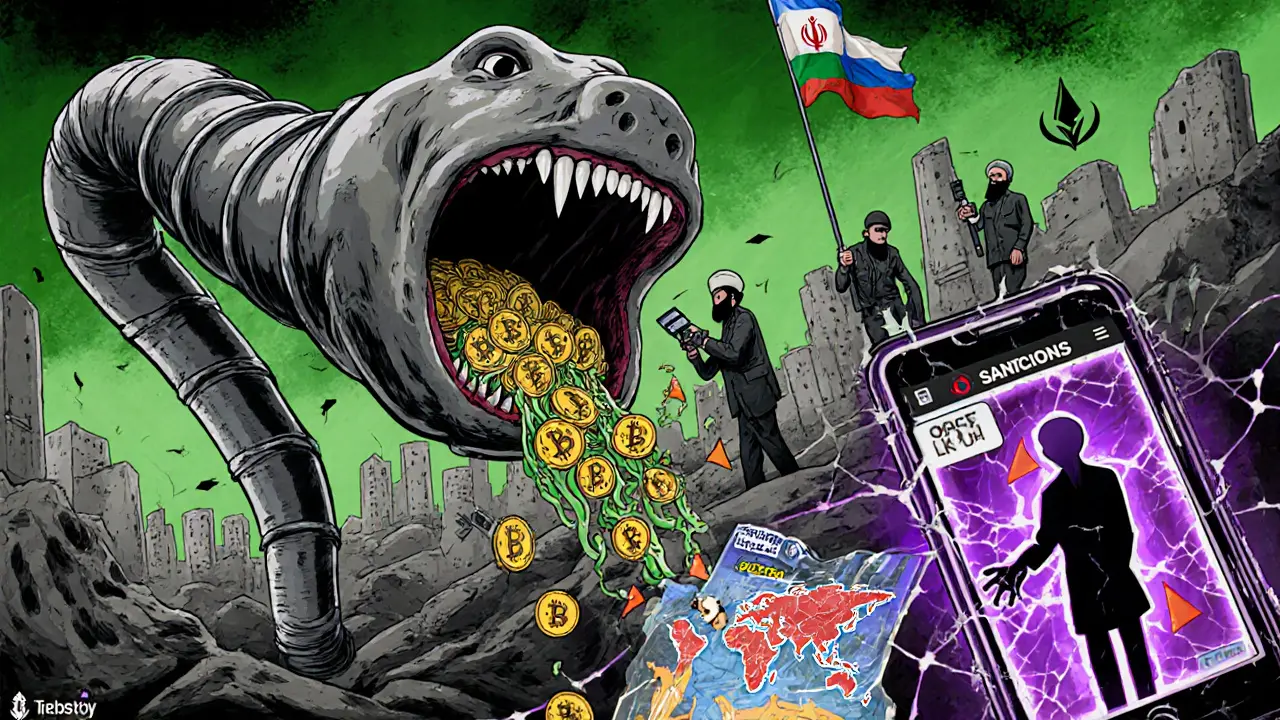
The global fallout: Who’s helping Venezuela?
Venezuela didn’t build this alone. It’s got allies.
Russian nationals helped move oil-for-crypto deals. Iranian banks facilitated transfers through non-Western payment rails. Hezbollah-linked money launderers in Latin America started using USDT to move cash across borders. Even some Turkish and UAE traders quietly took Venezuelan crypto payments, turning a blind eye to the source.
The Wilson Center calls it “crypto-laundering on a national scale.” The U.S. Treasury has flagged over 300 wallets tied to Venezuelan oil and government entities. Israeli intelligence has tracked Hezbollah using Venezuelan-linked USDT to fund operations in Syria and Lebanon.
This isn’t just a Venezuelan problem anymore. It’s a global compliance nightmare. Banks now refuse to work with any fintech firm that has even a hint of Venezuelan exposure. Crypto exchanges have shut down Venezuelan accounts. PayPal, Wise, and Revolut block transfers to Venezuelan wallets.
What’s next? More privacy, more evasion
As blockchain analysis tools get better - tools like Chainalysis, Elliptic, and TRM Labs - Venezuela’s going to need smarter tricks.
Already, there are signs they’re moving toward privacy coins like Monero and Zcash. These coins hide sender, receiver, and amount. Perfect for hiding oil payments.
They’re also testing DeFi protocols - decentralized finance platforms that don’t need banks. Imagine a Venezuelan official locking up PETRO in a smart contract, borrowing USDT, and sending it to a wallet in Dubai. No exchange. No middleman. Just code.
The U.S. is watching. OFAC keeps updating its sanctions list. In October 2025, they paused some restrictions after Maduro agreed to hold elections. But they warned: if the elections aren’t free, sanctions return - and so will the crypto crackdowns.
The real cost: A broken economy built on digital smoke
Crypto has kept Venezuela from total collapse. But it hasn’t fixed anything.
People still can’t get insulin. Schools lack books. Power grids fail daily. The crypto economy is a parallel world - rich in digital tokens, poor in everything else.
And while a few insiders get richer, most Venezuelans are stuck in a system where their only safety net is a volatile digital currency they don’t fully understand.
Crypto didn’t save Venezuela. It just delayed the reckoning.
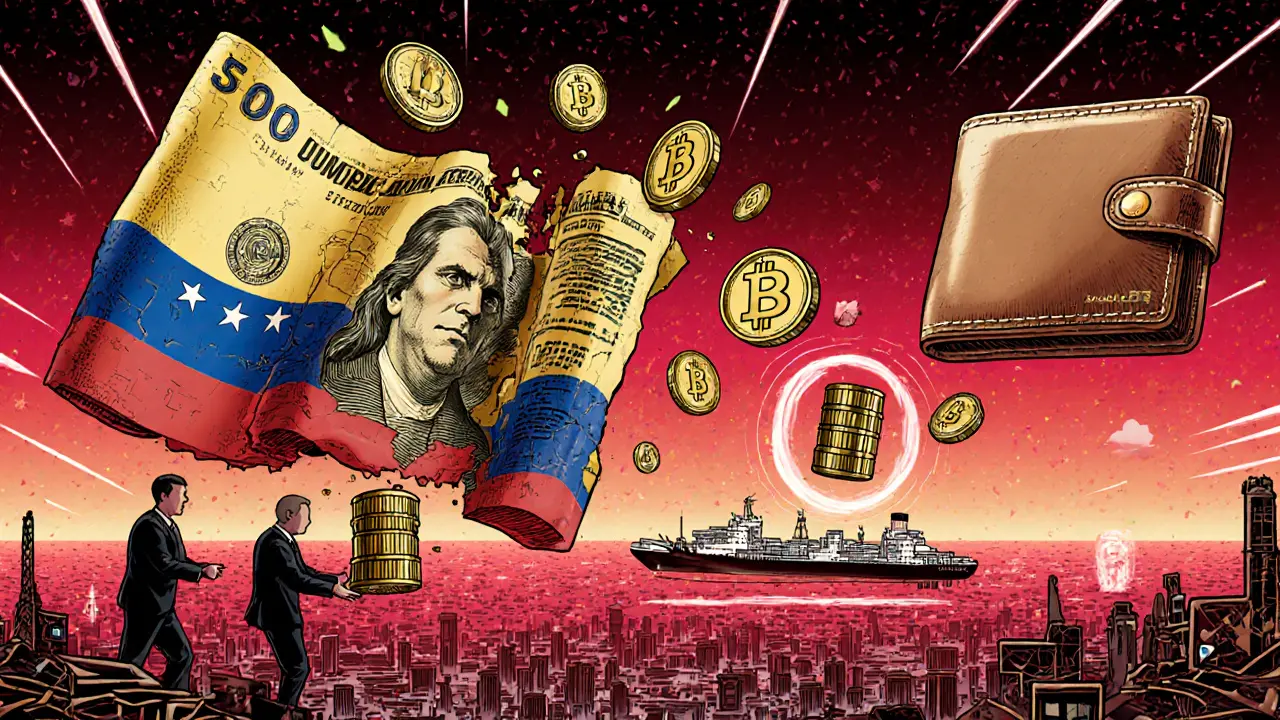
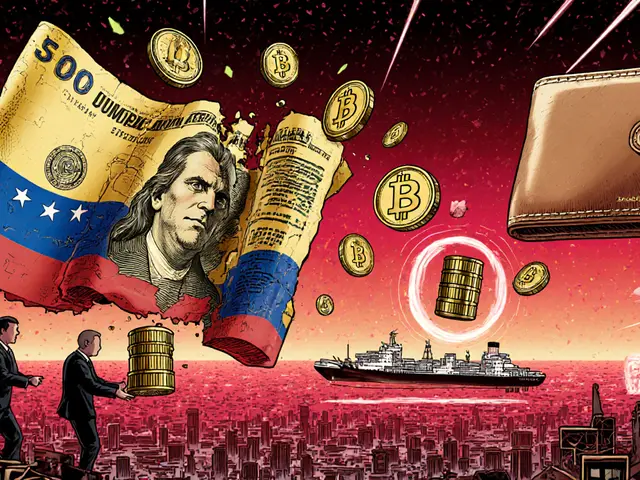


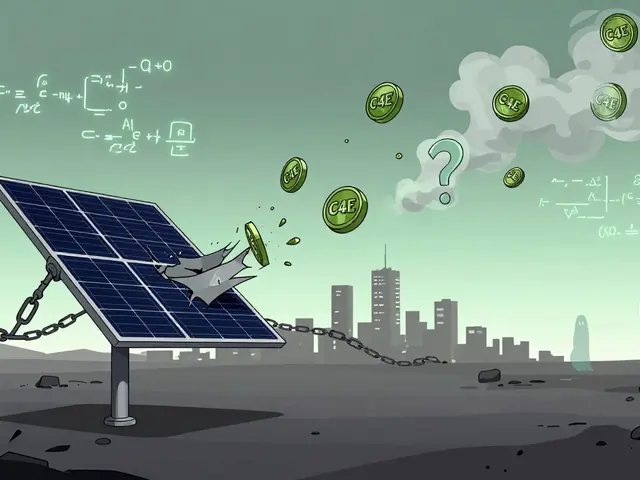
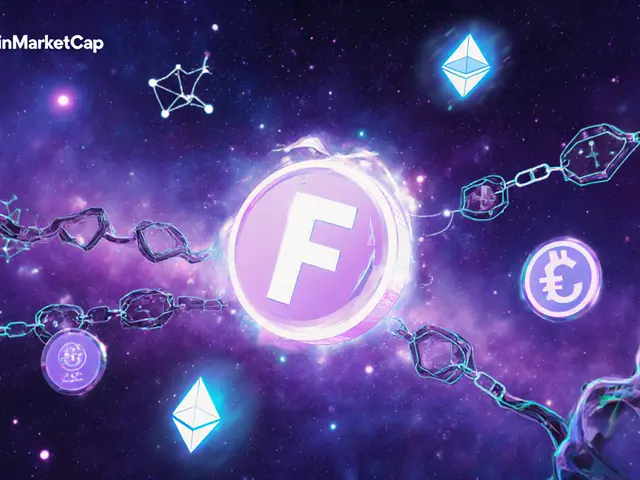

Komal Choudhary
November 28, 2025 AT 19:56Tina Detelj
November 29, 2025 AT 09:01Wilma Inmenzo
November 30, 2025 AT 14:53priyanka subbaraj
December 2, 2025 AT 00:02George Kakosouris
December 3, 2025 AT 10:40Tony spart
December 4, 2025 AT 21:36Ben Costlee
December 5, 2025 AT 23:20Mark Adelmann
December 7, 2025 AT 09:30ola frank
December 7, 2025 AT 13:55imoleayo adebiyi
December 8, 2025 AT 07:23